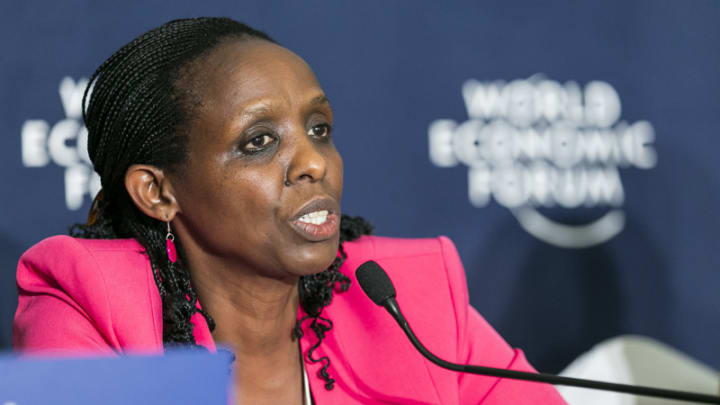24 January 2018.
Towards sustainable vegetable growing with farmer learning videos in Benin
Gérard C. Zoundji, Florent Okry, Simplice D. Vodouhê & Jeffery W. Bentley
Vegetable production plays an important role in nutrition, food security and poverty reduction in Benin. However, vegetable production is hampered by pests and farmers rely on pesticides to control them. Improving farmers’ knowledge is important for the use of sustainable, intensive agricultural practices.
This paper assesses the role of learning video in changing vegetable farmers’ behaviour towards sustainable agriculture. Drawing mainly on mass distribution of learning videos, DVDs entitled ‘Improving vegetable production’ were sold through non-conventional dissemination networks from August to December 2015, to strengthen farmers’ learning. In June 2016, researchers related to AccessAgriculture interviewed a sample of 120 buyers/viewers in four different areas where the DVDs were sold. The interviews were followed by a field visit to collect evidence of the change of practices reported during the interviews.
Results revealed that farmers who watched the videos enhanced their creativity and adapted the learning to their environment by using more sustainable agriculture practices. About 86% of respondents indicated that they now spend less money for pesticides to manage pests and diseases.
Video-mediated learning promotes local innovation, improves farmers’ knowledge and triggers agro-ecological practices with little or no input from the conventional extension system.
This paper assesses the role of learning video in changing vegetable farmers’ behaviour towards sustainable agriculture. Drawing mainly on mass distribution of learning videos, DVDs entitled ‘Improving vegetable production’ were sold through non-conventional dissemination networks from August to December 2015, to strengthen farmers’ learning. In June 2016, researchers related to AccessAgriculture interviewed a sample of 120 buyers/viewers in four different areas where the DVDs were sold. The interviews were followed by a field visit to collect evidence of the change of practices reported during the interviews.
Results revealed that farmers who watched the videos enhanced their creativity and adapted the learning to their environment by using more sustainable agriculture practices. About 86% of respondents indicated that they now spend less money for pesticides to manage pests and diseases.
Video-mediated learning promotes local innovation, improves farmers’ knowledge and triggers agro-ecological practices with little or no input from the conventional extension system.
-
Thursday 30th November 2017Women in northern Malawi show how best to pick, dry and store bean leaves
-
Tuesday 27th June 2017In this video, farmers from northern Bangladesh will guide us on how to sort and store pumpkins correctly
-
Monday 11th July 2016Different onion diseases can cause different symptoms, but most can be managed in the same way.
-
Tuesday 31st May 2016Solar drying allows farmers to reduce losses and sell leafy vegetables out of the main harvest season
-
Friday 27th May 2016How to prepare the substrate, plant mushroom seed and grow oyster mushrooms under clean conditions
-
Friday 27th May 2016How to make compost using earthworms, and increase soil fertility
-
Friday 27th May 2016Farmers in Benin teach us how to make a chilli seedbed to get strong, healthy seedlings
-
Friday 27th May 2016Making chilli powder is a good way to make money that does not require very much time
-
Friday 27th May 2016Dry your food faster and more hygienically by using a solar dryer that uses the heat of the sun
-
Friday 27th May 2016Give your seedlings a smooth transition from the seedbed to the field to increase your chances of getting a good crop
-
Friday 27th May 2016The diagnosis, life cycle and control methods of root knot nematodes in vegetables
-
Friday 27th May 2016Practical ideas about proper harvesting, drying, grading and storage of chillies





























